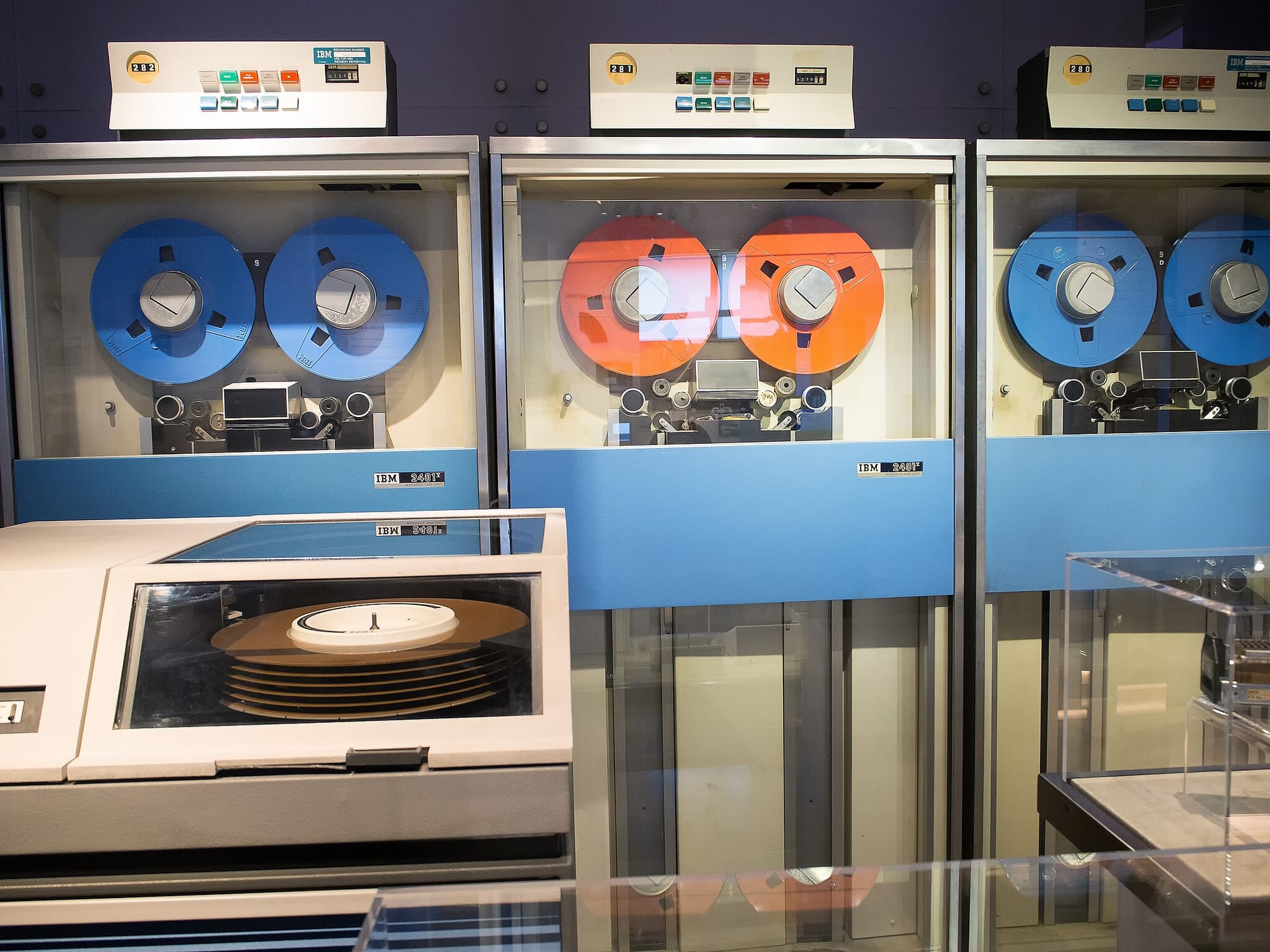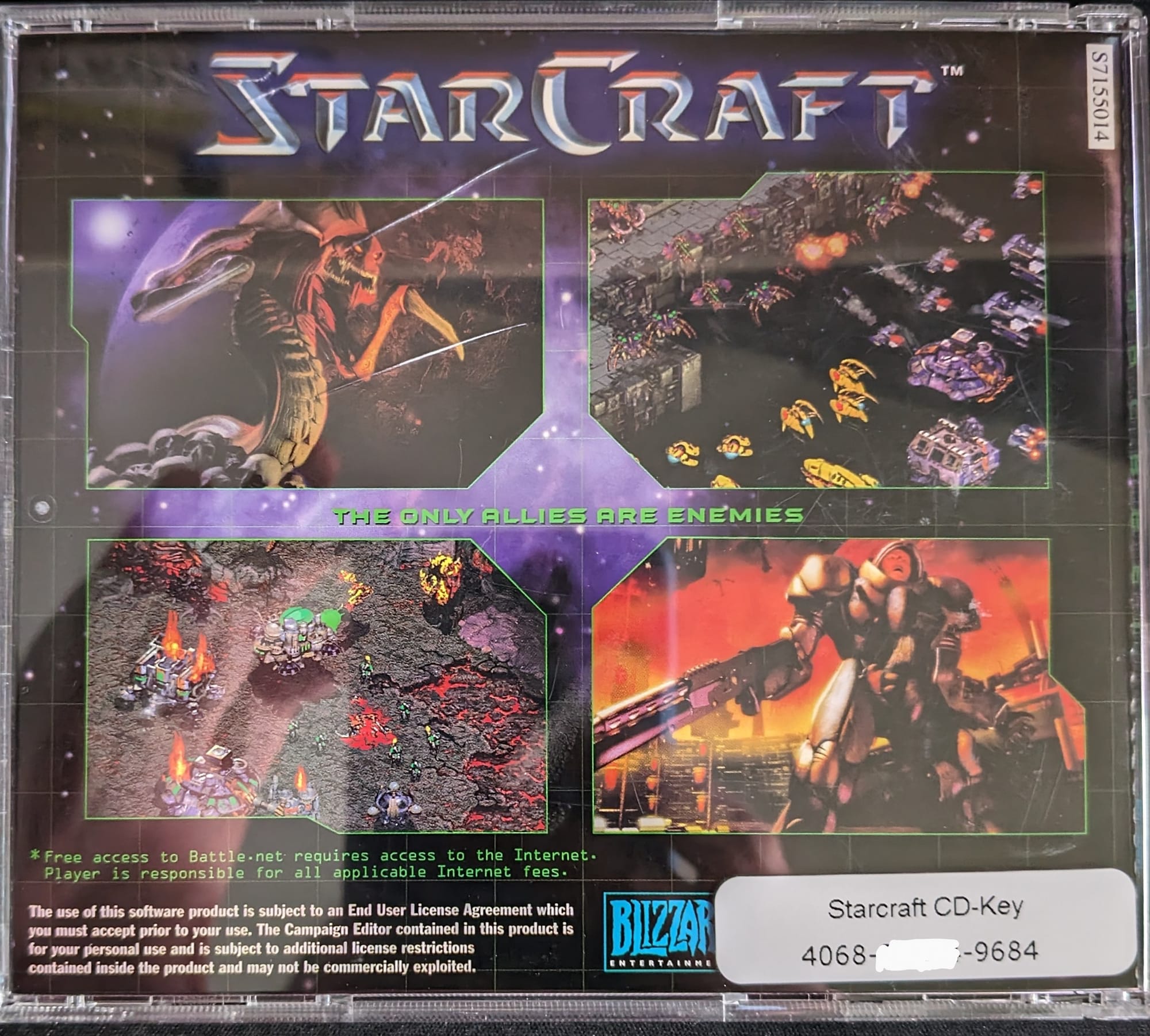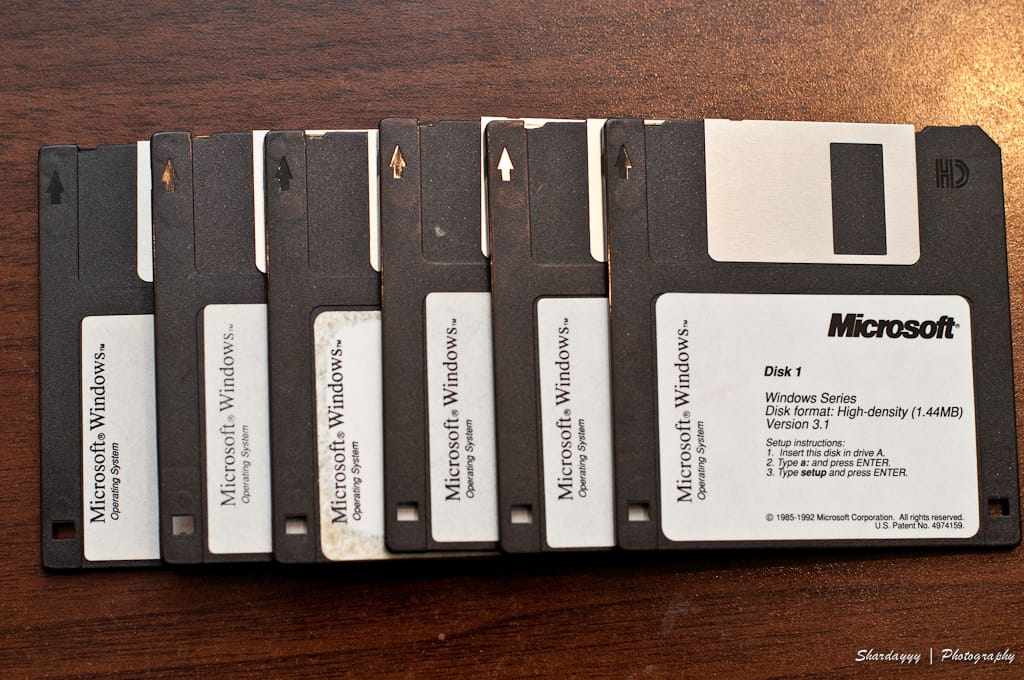What I Miss From Computing's Past
Nostalgia is fun and all, but instead let's take a look at actual benefits from computing's past that we seem to have forgotten about in modern computing.

I've had the luck of growing up at the dawn of the home computing era. When other kids were getting Atari consoles to play with, my parents had the foresight and finances to buy us a TI-99/4A computer.

So while my friends were playing video games I was copying code from magazines to emulate Monopoly in BASIC, and storing my efforts on a cassette tape. I mean sure, I was able to play "Munch Man," which was kinda like the store-brand version of Pac-Man, with an actual Atari joystick. If memory serves, Dad and I had to solder together a converter cable to connect to the traditional 9-pin serial port on the computer from the Aatari formatted connector. (OK, at that age I was probably just the distraction while Dad made that cable up, but I was there and have soldered things since!)
But this article isn't about navel gazing and pining for the days when ASCII art was the bomb, or to extol the virtues of 4" monochrome screens. There were some real things we lost track of in the intervening 40+ years that are worth looking back on to see how we can get some of the benefits of that time back in our modern era of computing. So at the risk of viewing the world through a gold colored monochrome monitor, here are some of the benefits of yesteryear's computing that I think we could get back, if we decided to.
Offline Computing
It has gotten so that you can hardly perform useful or interesting tasks on your computer without being connected to the Internet. Care to play a game? Even though you downloaded more than 100GB of content to your computer, the game won't play unless you connect to the servers. Want to watch a movie? Since your computer doesn't have a DVD drive in it anymore I suppose you'll need to stream it.

Need to edit that document? Well, it is probably cloud stored and you're probably using a browser-based editor to work on it.
If this hasn't hit home for you yet, just think about how jarring it feels when you get on the airplane and the WiFi doesn't work. 4 hours of what, reading a paperback book? Egads!
Yes, I do pine for the days when I had a "state of the art" game that didn't need an Internet connection to play. And while I know I can download a movie to my laptop for those longer flights, it seems like it was so much simpler to just shove a disk into the drive and hit play.
Anonymity By Default
There was a time in computing when the world at large had no idea who you were. You could go buy your software from the likes of an Egghead Software store take it home and just use it. No need for an account tied to an email address (what email address?). Even when you needed a keycode to activate the game that "called home" to validate itself it didn't require any PII in order to work.

Nobody was tracking your every move to figure out how to better market to you and sell to you. Cookie wasn't a dirty word. Your email inbox wasn't a training ground for LLMs and targeted advertising bots.
You may notice I'm not talking about anonymity on social media or the like - I'm talking about the anonymity of just existing on the Internet, until you wanted to break that anonymity. Try reading the news on even a "free" website and see how long you have before you're asked to create an account to continue - or worse, turn off your privacy tools.
Your Operating System Wasn't Spyware
Even up to the point of the Blackberry, there was very little being reported home from the likes of Windows, or even early Android or early iOS. (Apple iOS, though Cisco IOS never sent anything home as I recall either) But somewhere along the way even Microsoft's latest Windows iterations are now focused on sucking every last bit of info out of your actions and activities in search of more ways to make money. And let's not even talk about what Google and Apple are doing with your phones and tablets.
In all honesty, do you really need your OS "to take images of your active screen every few seconds?" Why? To quote Molly White, "back in my day we called this spyware."
Unobtrusive Advertising/Videos
Call me old fashioned, but I really hate how obvious it is these days that website content is only there to give you a reason to see ads. The format of any mobile website tells you all you need to know about this: half a paragraph of content followed by a screen filling advertisement - often animated or full video - that you have to figure out how to scroll past to keep reading. Trivial with a full screen and a mouse perhaps, but much more insidious on a touchscreen phone or tablet. Or that other recent-ish development: the video that auto plays, and as soon as you scroll past it a smaller version of the video shows up either at the top or bottom of your browser, and you have to go dismiss it if you want to be able to see your whole screen.

I fondly remember the days when the ads were headers and/or footers and that was about that. I also realize that of all my complaints this one may seem the most Pollyanna-ish. But really, ads that don't dominate the page, and video that I can "opt into" viewing (instead of having to opt out of viewing) is a real quality of life improvement I'd appreciate getting back. Obviously this is a huge economic issue with the Internet of today, and I recognize there is no easy answer for this other than to paywall more of the Internet's content - unless folks more creative than I have better solutions.
Community For Community Sake, Not For Monetization
I think we lost this one to social media platforms. As soon as we all abandoned UUNet, Usenet, BBS's, and the like to all connect on an app that was originally designed to rate the attractiveness of coeds on a single college campus, I think we crossed a rubicon that there's no going back from. I know we thought we had other bastions of community, but we've seen each of them fall to the specter of monetization and LLM training data - after all each one was run by a company built for shareholder value, not user respect or privacy. In fact, we're so beholden to these companies that about 40% of webpages form 2013 no longer exist online -- we've started consolidating down to a small number of web apps where we're all creating our content in the hands of these corporations.
What I Don't Miss
You'll notice I haven't bemoaned the loss of the floppy disk, or the joys of trying to make a Sound Blaster's complicated drivers work properly, or the joys of waiting for a 640x480 gif to download at dial-up modem speeds. (one-one-thousand, two-one-thousand, three-one-thousand...)

I didn't mention missing laptops with built-in trackballs, or even physical keyboards on my phones (which is the one item in this list I really DO miss). I don't miss having to construct a tower computer from scratch to get good performance out of a computer, nor do I miss having to lug my tower to a friend's house in order to game together. This isn't a nostalgia piece, this is really about things lost that could be brought back if we wanted to.
Where To Go From Here
The first place to go is away from the usual suspects. Dump the big browser and search engine for DuckDuckGo, dump social media sites for the Fediverse, and leave the default OS vendors for Linux Mint as a few examples. Are you using a private email solution, or did you stick with the big name ones? Changing those will help as well. Using cloud-based word processors? Yup, you'll want to think about something like LibreOffice. If you really want to go for the gusto, maybe switch over to a FairPhone to replace that spyware laden device in your pocket, or all the way back to a "dumb" phone. If you're serious about these things, you're going to need to stay away from LLMs at all costs - there is no privacy there, and they're the last things to run locally.
Don't like those options, can't execute them, or recognize they don't solve all your issues? Well, you could start thanking the EU for laws like GDPR and the Cyber Resilience Act. You could lobby for such laws here in the US as well, including donating to the Electronic Frontiers Foundation (EFF) who works to both educate and to advance legislation along these same lines. Beyond that there's voting with your wallet, and evangelizing.
Whatever you do, don't just become a bitter old person whining about the "good old days" that ignores all the great improvements that have come along with the bad and the questionable. That road leads to bitter stagnation and not being taken seriously.
Now get off my digital lawn you young whippersnappers!

